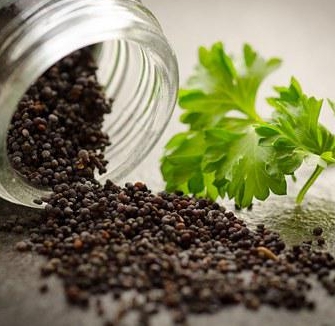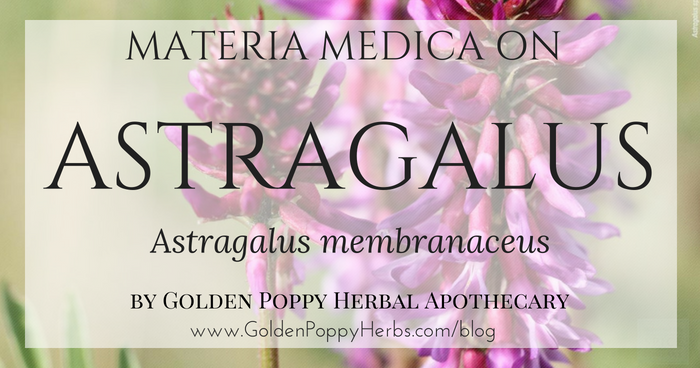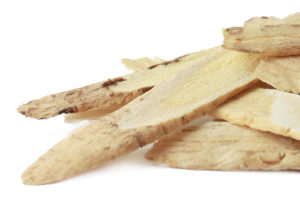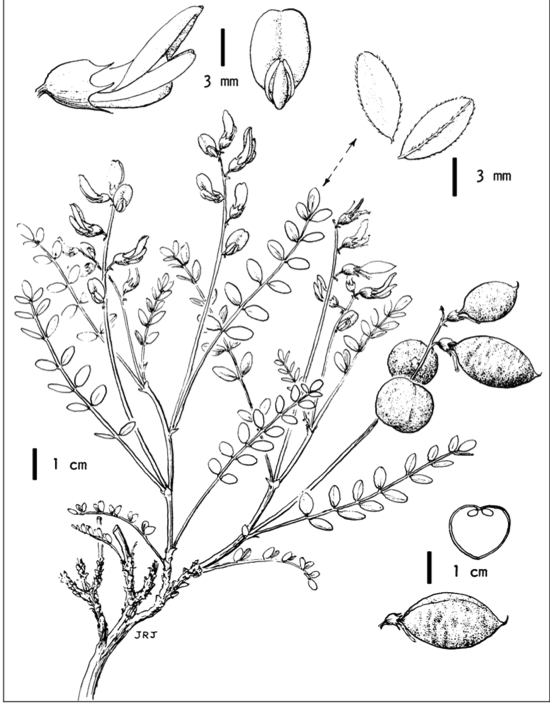Astragalus is one of the most treasured herbs in Traditional Chinese Medicine (TCM), revered not for targeting any single illness, but for the way it nourishes, balances, and strengthens the whole of the body. Known as Huang Qi (“Yellow Leader”), astragalus has long been seen as a leader among tonic herbs, a plant ally that supports the root of vitality itself.
Traditional & Modern Uses
In the lens of TCM, astragalus may be called upon to:
- Boost overall vitality
- Build and nourish the blood
- Balance hormones
- Improve circulation
- Restore energy to the aged or depleted
For centuries, it has been considered a restorative tonic—particularly for those recovering from illness or exhaustion, or for the elderly who seek to maintain vitality and resilience.
Astragalus is also widely celebrated for its ability to fortify the immune system. More than simply stimulating, it acts as an immunomodulator, meaning it helps regulate and balance immune function, gently supporting the body’s defenses in the way it most needs at a given time. This balancing action makes astragalus a cherished herb for long-term immune health and prevention.
The Wei Qi – The Body’s Protective Shield
In TCM, astragalus is said to strengthen the Wei Qi (pronounced “way chi”)—the protective energy that flows just beneath and around the skin. Imagine it as a luminous barrier shielding the body from external influences such as wind, cold, and pathogens. When the Wei Qi is strong, we are less susceptible to seasonal illness. For this reason, astragalus is often taken preventatively in the cooler months, to fortify the body before the onslaught of cold and flu season.
Astragalus & Cancer Support
Astragalus also appears in the National Cancer Institute database for its potential to inhibit tumor growth. Some studies suggest it may reduce adverse side effects of chemotherapy, support recovery, and enhance quality of life during treatment. While research is ongoing, astragalus remains a supportive ally in integrative approaches to cancer care.
Broader Applications
Herbalists may also turn to astragalus for:
- Bone marrow depression
- Recovery from blood loss
- Frequent colds or lowered immunity
- Diabetes and blood sugar support
- Edema and water retention
- Hepatitis and liver weakness
- Hypertension
- Lung weakness or shortness of breath
- Exhaustion and wasting conditions
- Night sweats or spontaneous sweating
- Prolapsed organs
- Poor sperm motility and fertility support
- Slow-healing wounds
In short, astragalus is a gentle yet profound builder of strength, resilience, and recovery.
Preparation & Dosage
As a tonic herb, astragalus is best taken consistently over time. A little each day helps weave its immune-supportive qualities into the fabric of daily wellness.
- In food: Traditionally, slices of the root are simmered into broths, soups, and stews. This is a beautiful way to integrate astragalus into daily meals. (Our Immune Soup Mix Bags make this especially easy!)
- As a decoction: Simmer 2–3 slices of dried root in 16 oz of water for 30–60 minutes, strain, and sip warm. Astragalus pairs beautifully with other adaptogens or nourishing roots.
Energetics & Actions
Latin Name: Astragalus membranaceus, Astragalus hoangtchy, Astragalus mongolicus
Family: Fabaceae (Pea family)
Parts Used: Root
Energetics: Sweet, warm, moist
Actions: Adaptogen, adrenal tonic, antiviral, blood tonic, chi tonic, digestive, diuretic, hypotensive, immunomodulator, tonic, vasodilator
Cautions
Astragalus is generally considered safe based on traditional use and modern clinical experience. Still, there are a few considerations:
- When already ill: In TCM, astragalus is not recommended once an acute illness has set in, especially if fever is present. Because it strengthens the Wei Qi and “holds” the body’s energy inward, it may prevent the natural process of sweating out a pathogen.
- Health conditions: Use caution with individuals who have bleeding conditions, altered blood pressure, blood sugar issues, musculoskeletal or neurological disorders, or certain skin conditions.
- Pregnancy and lactation: Safety has not been firmly established—consult with a qualified practitioner before use.
Closing Thoughts
Astragalus is often called upon not for crisis care, but for the long, steady work of weaving resilience, immunity, and vitality back into the body. By nourishing the root of our energy and fortifying the protective Wei Qi, astragalus helps us meet the world with greater strength—especially in the shifting seasons.
References
Herbal Academy. (n.d.). Astragalus monograph. The Herbarium, The Herbal Academy. Retrieved August 27, 2025, from https://herbarium.theherbalacademy.com/monograph/astragalus/
Browse by category
- Aphrodisiacs
- Aromatherapy
- Astrology & Magic
- Ayurdeva
- Botany Foraging & Gardening
- Chakras
- Digestion
- Earth Connection
- Energetics
- Flower & Gem Essences
- Folk Traditions
- Herbalism & Holistic Health
- Immune Support
- Materia Medica
- Mushrooms
- Nutrition
- Seasonal Living: Autumn
- Seasonal Living: Moon Cycle
- Seasonal Living: Spring
- Seasonal Living: Summer
- Seasonal Living: Winter
- Skin & Body Care

Don’t Miss a Thing!
Enter your email below to be the first to know about sales, new products and tips for taking care of your pieces.




